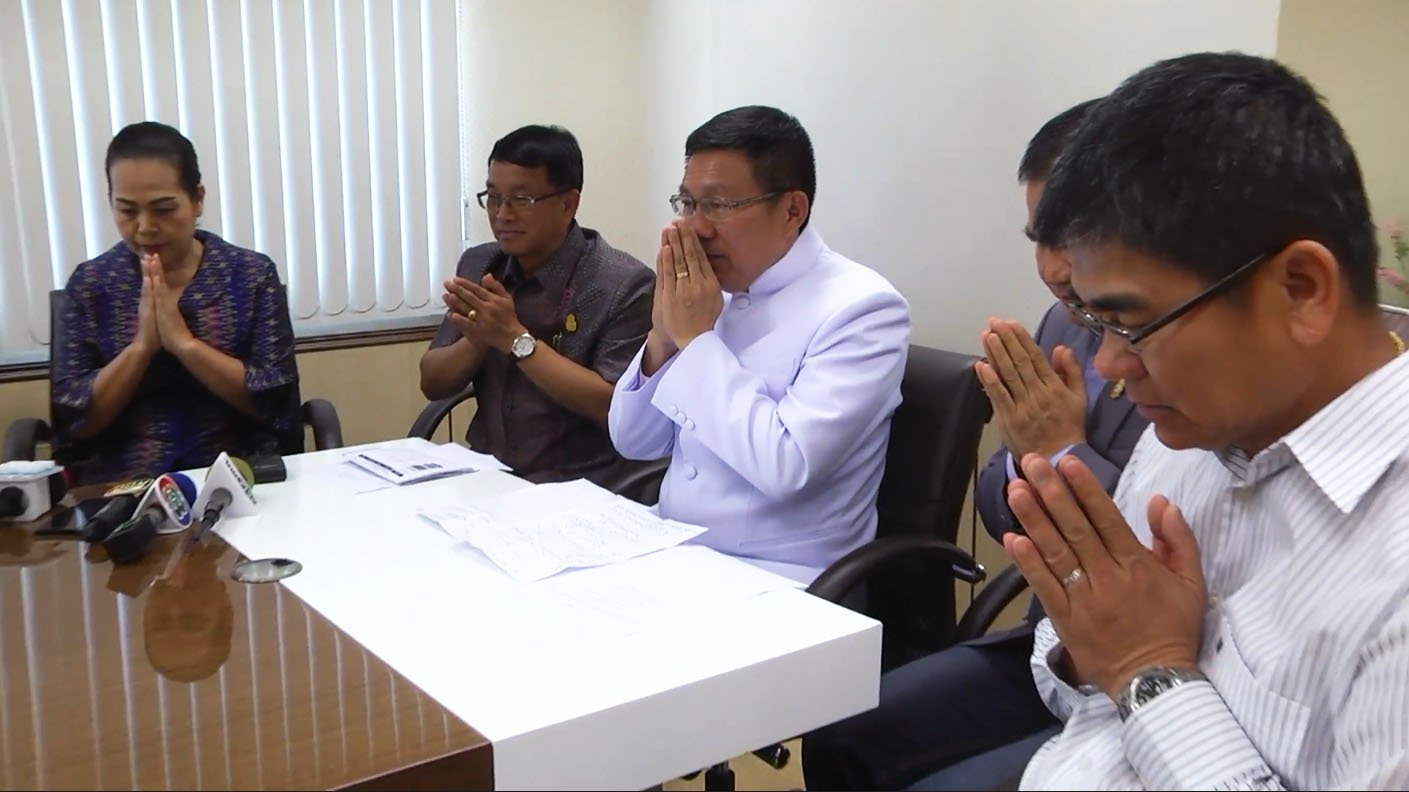Thailand has a Marie Antoinette moment, though, crucially, she never got the chance to apologise
Having been collectively referred to as “stupid”, Thai citizens are in no mood to let the offending public servant get away with a simple apology. Government officials are going to have to demonstrate a change in their attitude regarding the people they serve. For now, Khon Kaen deputy governor Suchai Butsara is the guilty party at the centre of this controversy, having sent out an invitation to certain agencies in his province to a meeting on ways “to bring the people out of stupidity”. The invitation was leaked. Offence was duly taken. The fury was palpable. One commentator on social media assailed the “aristocratic mentality” evident in the invitation’s wording. The meeting was part of preparations to welcome Prime Minister Prayut Chan-o-cha and his Cabinet, who will hold a mobile session in the Northeast. In attempting to defend himself, Suchai strangely said he hadn’t read the invitation, just signed it, since he knew it was the invitation to a second meeting on the matter. It would be interesting, then, to see the wording of the invitation to the first meeting. We wonder, too, why any official document would be signed without being scrutinised first. It didn’t help the situation when Porntip Khamchuen, chief of general services in Khon Kaen’s administration office, said she’d been “reckless” in drafting the dismissive invitation and choosing the wording. How could it be that one of her superiors didn’t notice and correct the language?
The officials offering apologies on Sunday insisted they meant no disrespect and were not inclined to look down on anyone. We can only surmise that Suchai and Porntip, while having no intention to insult the populace, are simply unconscious of the aristocratic snobbery implanted deep in their minds when they entered the bureaucracy. Had they the slightest awareness of this, the words they selected and endorsed would not have been so hurtful. It is customary for state officials, particularly those working at the Interior Ministry, to be coached as “governors” (nak pok krong) – meaning they are and must be superior to the ordinary citizens they rule. At Interior, this is drilled into junior officials as well as seniors. A governor must adopt a loftier stature. The people governed are thus their “subjects”. There is no thought of equal status. They are poorer, ailing, less educated – and thus stupid. They suffer because they lack the smarts to improve their lot. The best a state official can do is try and lift them out of their stupid misery. Beyond the Interior Ministry, the establishment elite shares the same mentality. From there it trickles down through the educational system. In politics there is an underlying current of thought that the average citizen is too dumb to handle any form of democracy or self-rule, leaving the superior elite to carry the “burden” of governing. We have seen this attitude in Prime Minister Prayut, as well, when he claims the military and civil service know best what the country needs. The implication is that elections are unnecessary, since the electorate can make foolish choices. If they are to vote, he tells us, vote for “good people” like him. Unless the elite and the government stop thinking they are better and smarter than other citizens, we’ll keep catching glimpses of insulting documents like the Khon Kaen invitation. NTN





